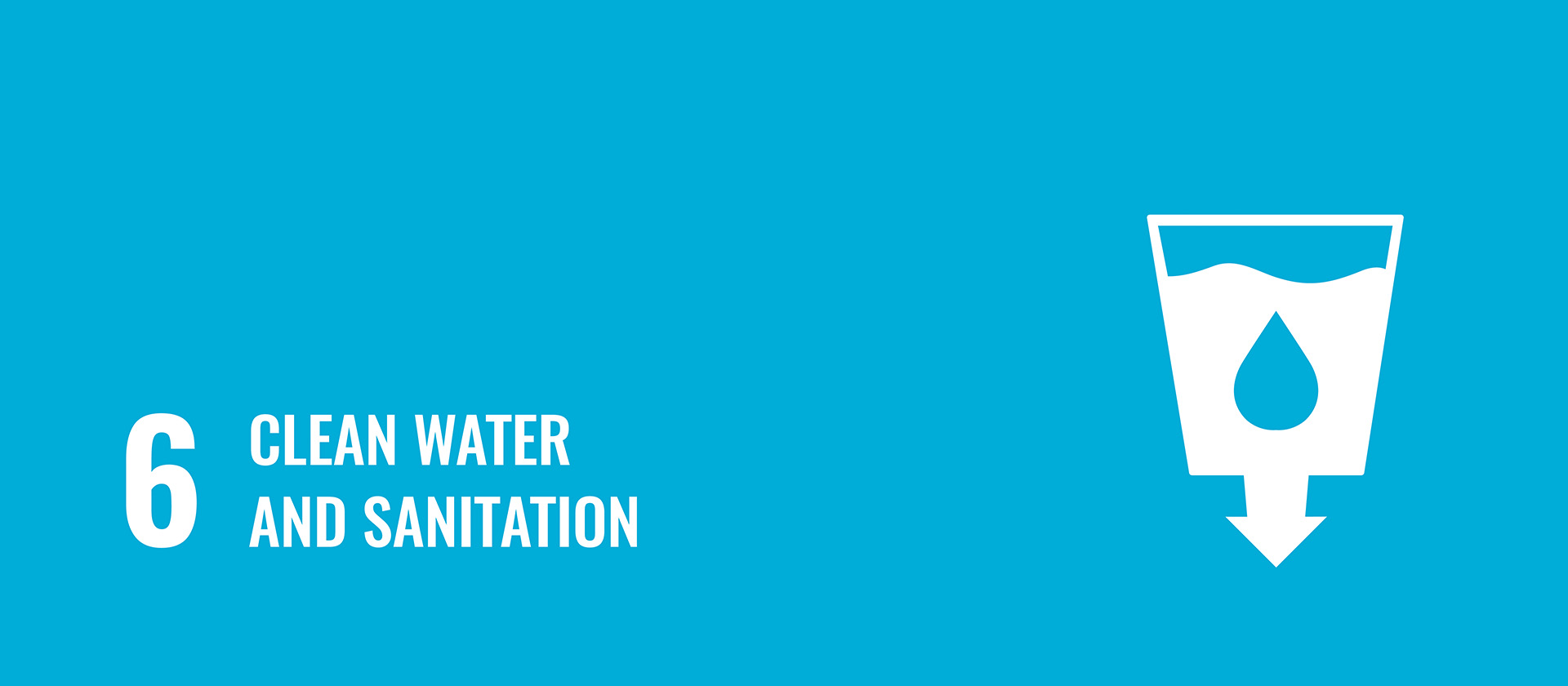There has been a great emphasis placed on hand hygiene in trying to stop the spread of COVID-19 and reduce the spread of pathogens and prevent infection. Yet, billions of our citizens are unable to access the clean water and sanitation that they desperately need.
Find out more about Goal 6: Clean water and sanitation.
Teaching and Learning
At the University of Liverpool, students are able to explore this topic from a number of different perspectives within course modules. Examples of course modules that have a direct or indirect focus on clean water and sanitation (as assessed by students) include:
- Law and global health (LAW522)
- Living with environmental change (ENVS119)
- Environmental assessment and management MSc (ENVS 471)
We recognise that there is much more to do to equip students with the knowledge and skills that they need to make a contribution to achieving this global goal. Working with the Guild of Students our undergraduate and postgraduate students have the opportunity to audit their curriculum modules for their relevance to SDG6:Clean water and sanitation and to make recommendations for changes to the course content. For more information on how students can get involved see the Guild curriculum audit report.
The University has established a Responsible Consumption and Production Working Group. This group brings together academics, students and representatives from our Centre for Innovation in Education to develop a strategic plan for embedding SDGs into the curriculum including SDG6.
There are also a number of ways that students can support the aims and objectives of SDG7 through extra-curricula activities, including through volunteering opportunities provided by the Guild of Students.
Research and knowledge exchange
The University contributes to the identification of the root problems that are caused by those who do not have access to clean water and sanitation and the potential solutions across many areas of research. Some key examples are:
Leadership, governance and professional services
Examples of Leadership, governance and professional services include:
ADSM Aqua Fund
AquaFund is an ADSM scheme that provides the funds, resources and expertise to drive down an organisation’s water costs. By participating in AquaFund, the University has had all sites surveyed and checked for leaks, has made guaranteed savings on water costs through the installation of water-saving technologies, and has improved data collection relating to water usage. As AquaFund donates 1% of its revenue to WaterAid, the University is also helping millions of people in the world’s poorest countries to have access to clean, safe water.
Back to: Sustainability
